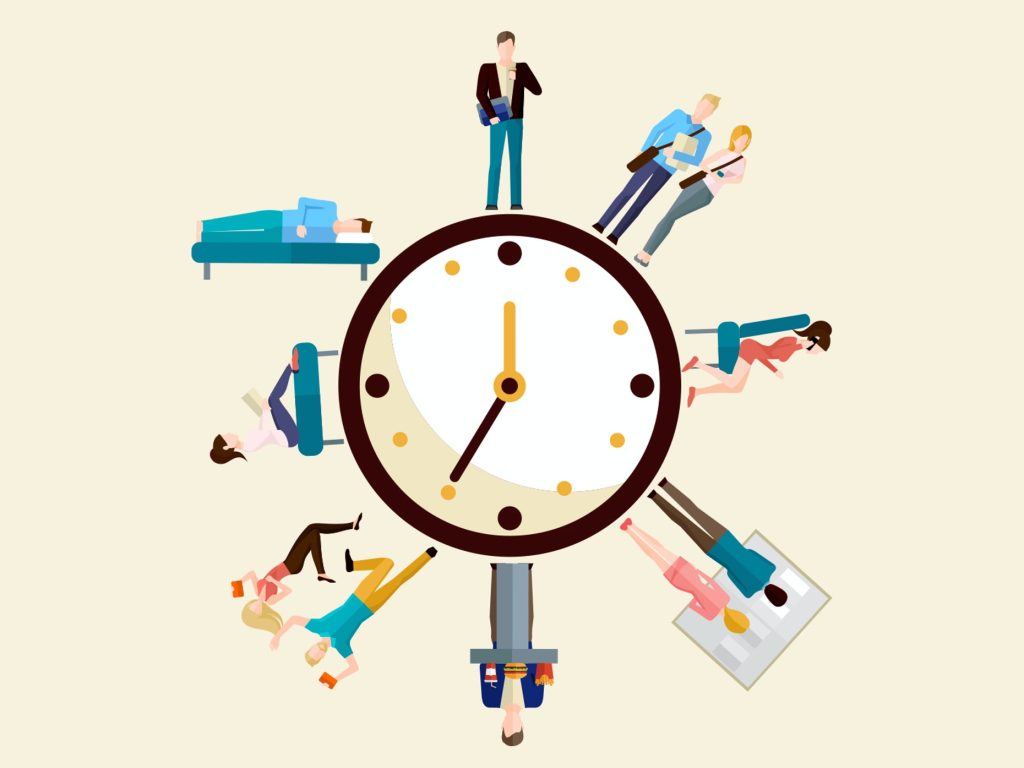Buy Shrooms, CBD, LSD, Magic Mushrooms
Building a Daily Routine That Supports Mental Calmness
In a world filled with notifications, responsibilities, and constant noise, mental calmness is becoming a rare luxury. But what if peace of mind wasn’t something you had to wait for? What if it could be built — step by step — into your daily routine?
Creating a lifestyle that nurtures calmness doesn’t require drastic changes. It’s about consistency, intentionality, and learning to prioritize your mental well-being just as much as your productivity.
Here’s how you can build a daily routine that promotes mental stillness, focus, and emotional balance.
1. Start Your Morning Without Chaos
Why it matters:
The tone of your morning often dictates the mood of your entire day. A rushed, noisy, or stressful start can throw your nervous system into overdrive.
Calm Morning Tips:
- Wake up 30 minutes earlier to avoid rushing.
- Begin with quiet moments: deep breathing, stretching, or meditation.
- Avoid your phone for the first 30–60 minutes.
- Sip warm water or herbal tea before jumping into tasks.
💡 Pro tip: Try a morning mantra like: “I welcome this day with calm and clarity.”
2. Set Gentle Boundaries with Technology
Why it matters:
Constant digital input overstimulates the brain and leaves little room for quiet reflection or mental rest.
Digital Boundaries:
- Use “Do Not Disturb” mode during focus hours.
- Avoid checking emails or social media during breaks.
- Set specific times for screen use — and stick to them.
- Turn off non-essential notifications.
Consider a 30-minute “digital sunset” before bed to help your brain wind down.
3. Schedule Short Mindful Breaks
Why it matters:
Working or thinking non-stop leads to burnout and mental fog. Breaks help reset your focus and ease stress.
Break Ideas:
- 5-minute breathing or grounding exercise
- A short walk or gentle stretch
- Listening to calming music
- Drinking tea while doing nothing else
Even 3–5 minutes of mindful pause, every couple of hours, can help you maintain emotional balance.
4. Fuel Your Body to Support Your Mind
Why it matters:
Mental calmness begins with physical health. Your brain depends on consistent nutrition, hydration, and movement to function optimally.
Calm-Boosting Habits:
- Eat balanced meals with whole grains, healthy fats, and lean protein.
- Avoid excess caffeine and sugar, which can spike anxiety.
- Stay hydrated — aim for 6–8 glasses of water daily.
- Incorporate gentle movement like yoga, walking, or light cardio.
🧠 Brain Tip: Omega-3-rich foods (like walnuts or flaxseed) help reduce inflammation linked to stress and mood imbalances.
5. Organize Your Day Around Your Energy
Why it matters:
Trying to force productivity during low-energy periods creates frustration and stress.
Tips:
- Identify your peak focus hours (morning, afternoon, evening).
- Schedule difficult or deep-thinking tasks during those times.
- Leave lighter or creative tasks for when your energy dips.
Creating a routine that flows with your natural rhythms makes you more productive and mentally calm.
6. Cultivate a Calm Evening Routine
Why it matters:
How you end your day affects your sleep, which in turn impacts your stress levels, focus, and emotional regulation.
Soothing Evening Practices:
- Dim the lights an hour before bed
- Take a warm shower or bath
- Practice journaling or gratitude listing
- Listen to calm music or guided meditations
- Avoid screens, alcohol, and intense conversations close to bedtime
Set a consistent bedtime and aim for 7–9 hours of quality sleep.
7. Practice Mindfulness or Meditation Daily
Why it matters:
Mindfulness helps you stay present, reducing overthinking and stress. Even a few minutes a day can reshape how your brain responds to challenges.
Ideas to Try:
- 10 minutes of guided meditation
- A mindful walk focusing on sounds, smells, or textures
- Body scan relaxation before sleep
- Breath counting: Inhale for 4, hold for 4, exhale for 6
Apps like Calm, Insight Timer, or Headspace make it easy to begin.
8. Reflect — Don’t Just React
Why it matters:
Mental calmness is not just about avoiding stress but responding to it wisely.
End-of-Day Reflection:
- Ask: “What helped me stay calm today?”
- “What triggered stress, and how can I manage it better tomorrow?”
- Celebrate small wins — even if it’s just making time to rest.
This daily check-in builds self-awareness and gives you a sense of control and growth.
Conclusion: Peace Is a Practice, Not a Personality Trait
You don’t need to escape to the mountains or adopt a monk’s lifestyle to experience peace. You just need the right habits — small, consistent actions that center your day and calm your mind.
When you build a daily routine that supports mental calmness, you don’t just handle stress better — you start thriving in a way that feels grounded, focused, and truly alive.

